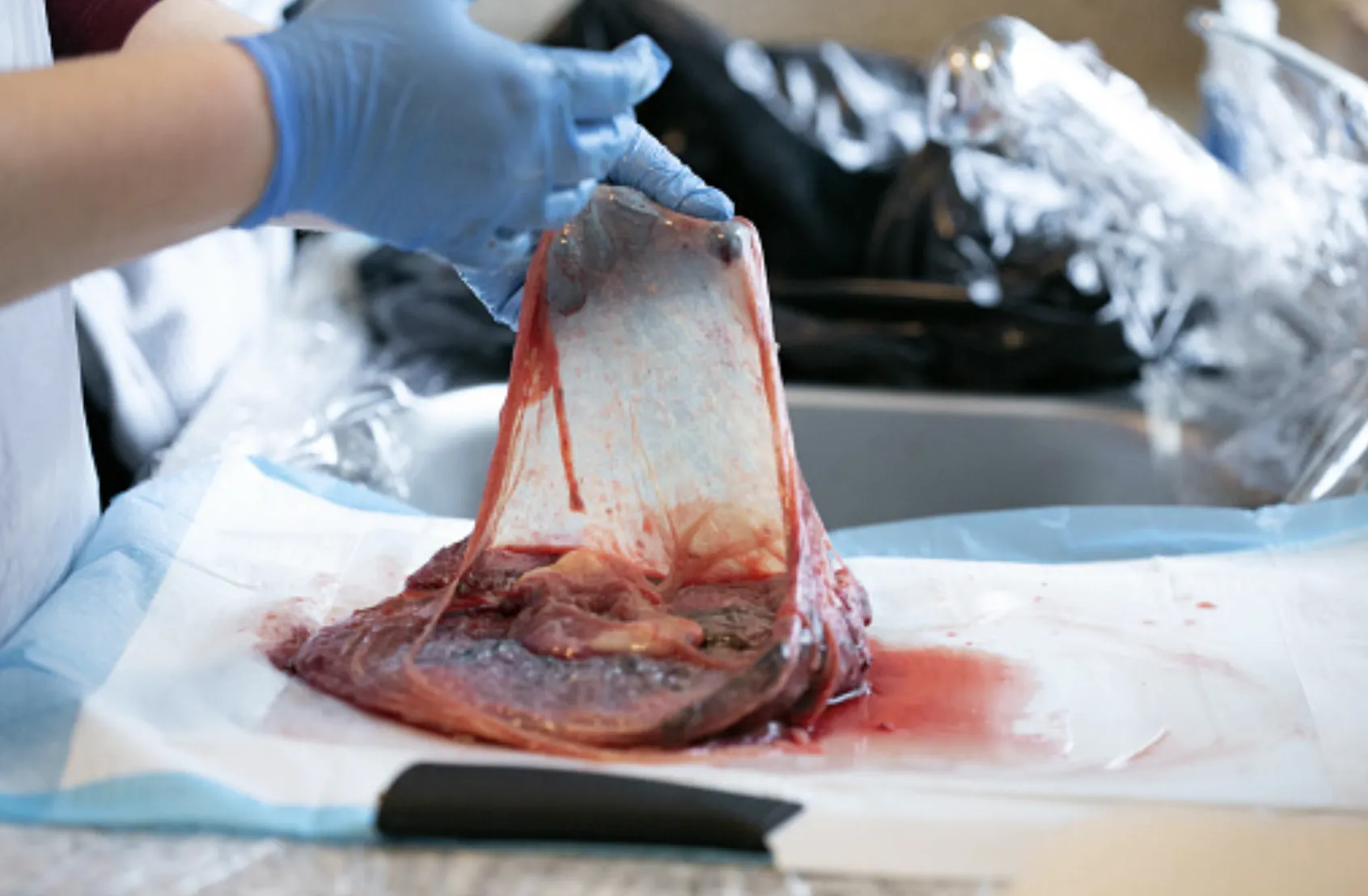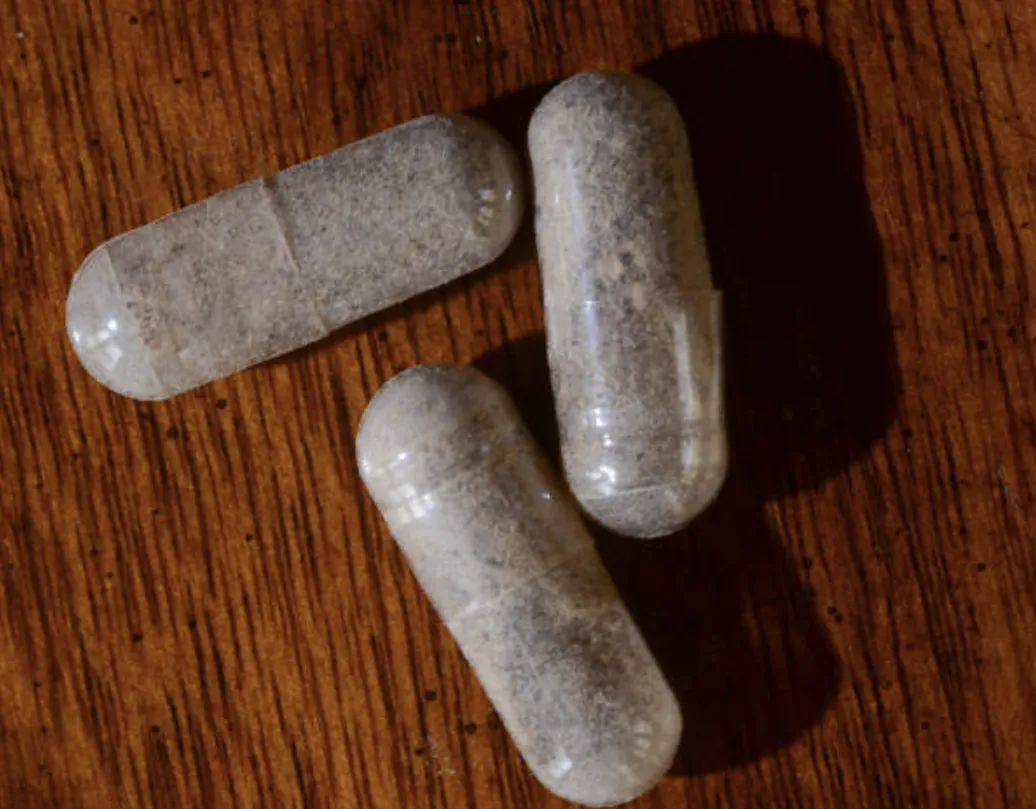What is a Indigenous Doula?

Indigenous doulas are trained professionals who provide culturally sensitive and holistic support to pregnant individuals and their families within indigenous communities. They possess a deep understanding and respect for indigenous traditions, customs, and practices, allowing them to offer unique and tailored support to their clients (American Indian Health and Family Services, n.d.).
The role of an indigenous doula includes emotional, physical, and informational support. Emotionally, they provide a nurturing and compassionate presence, creating a safe space for pregnant individuals to express their fears, concerns, and desires. They offer culturally appropriate guidance and encouragement throughout the pregnancy journey, understanding the unique challenges and experiences faced by indigenous people (National Indigenous Women's Resource Center, 2021).
Physically, indigenous doulas utilize various techniques to support pregnant individuals during labor and birth. This may involve massage, acupressure, breathing exercises, and positioning suggestions to manage pain and promote a smoother birthing experience. They also provide practical assistance, ensuring that the birthing environment reflects the client's cultural preferences and advocating for their wishes within the healthcare system (Native American Women's Health Education Resource Center, n.d.).
Indigenous doulas also play a crucial role in providing informational support. They offer evidence-based information on pregnancy, childbirth, and postpartum care, empowering their clients to make informed decisions about their healthcare. They act as a bridge between medical professionals and indigenous families, ensuring that cultural practices and beliefs are respected and integrated into the care provided (National Association of Professional and Peer Lactation Supporters of Color, 2021).
Furthermore, indigenous doulas often extend their services to the postpartum period. They assist with breastfeeding, newborn care, and emotional well-being, recognizing the importance of holistic care for both the parent and the newborn. They also connect families with community resources and support networks to enhance their overall well-being (American Indian Health and Family Services, n.d.).
In summary, indigenous doulas are valuable and essential members of the birthing team for pregnant individuals within indigenous communities. Their culturally sensitive approach, holistic care, and deep understanding of indigenous traditions make them uniquely equipped to provide the necessary support and advocacy needed during the transformative journey of pregnancy and childbirth.
References:
- American Indian Health and Family Services. (n.d.). Indigenous Doula Initiative. Retrieved from https://www.aihfs.org/indigenous-doula-initiative/
- National Indigenous Women's Resource Center. (2021). Indigenous Doulas. Retrieved from https://www.niwrc.org/doulas
- Native American Women's Health Education Resource Center. (n.d.). Indigenous Doulas. Retrieved from https://www.nativeshop.org/pages/indigenous-doulas
- National Association of Professional and Peer Lactation Supporters of Color. (2021). Indigenous Doulas. Retrieved from https://napplsc.org/indigenous-doulas/
Disclaimer: The information provided on this website regarding medical, health, fitness, and legal matters is solely intended for educational purposes. Coexist Doulas, LLC cannot guarantee the accuracy, completeness, or reliability of this information. Therefore, reliance on any information provided on this site is at your own risk. By participating in the use of our online web platform you acknowledge you have read and agree with out disclaimer and other related links located in the web platform footer.



